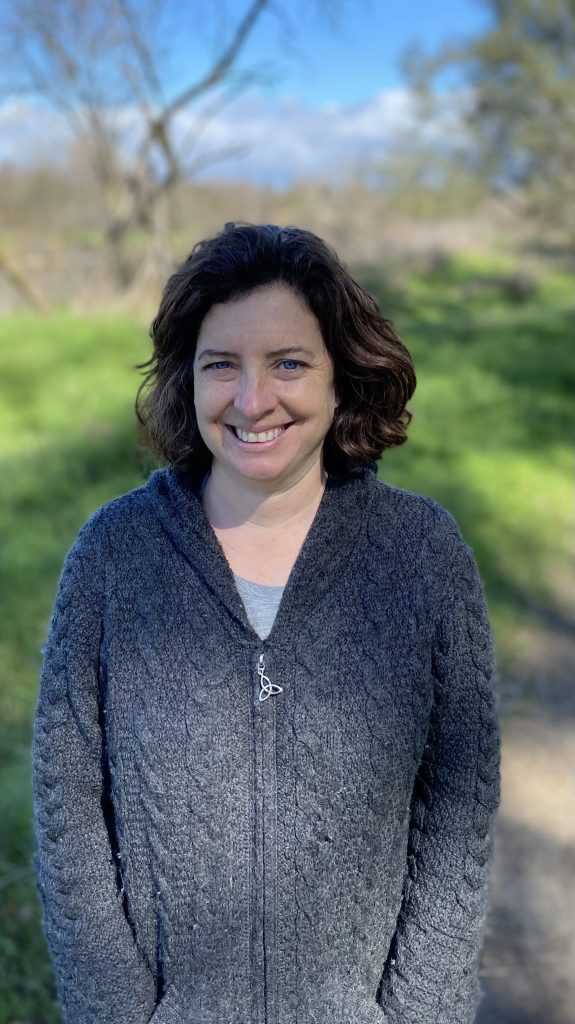I
His mother’s voice crackles on NPR.
Driving Luke to high school before it stopped
we hear her mourn her son, Wen Liang, doctor
who first saw what’s now named COVID-19
unattached to place/people we can harm.
He had a son, five, a baby coming.
I stop listening at five, only hear
her putonghua— common language of Luke’s
nainai— not far from where she is—I think
of son, of father, dead. Not old enough
to be elderly. Not sick. But my son
hears another putonghua: “I always
feel good when I hear people speak Chinese.
It always gives me such a good feeling.”
II.
Things I can’t make make sense of course it’s death
time space how we live with people we don’t live with
multitudes we cannot speak
with how we don’t speak one/same
language or what mothers ancestors children
carry what’s been
done another way to say aloneness
surviving another here also not right
here all the time also that history happened
keeps happening free shipping my son zooming
English muted camera off
III
He was one when she came-claimed-relieved-re-
placed—not true—but I was tired and she knew,
so I receded, watching from somewhere
else—to be carried as she carried him.
The hours of singing. She crooned over him,
cooed, chanted rhymes of swallows scissored tails,
little birds who fly east, fly west, fly to
baby’s house and eat his rice. His cooing
sparrow voice, small hungry throat. His first word
Yao. What they wanted. Baby hands signed more.
They never tired. They were oceans. I watched
as if behind glass or under water,
or watching movies of people loving
in some other world where people know how.
IV.
Why, Luke asks, as if I knew anything
about these things do they call things Chinese—
checkers, Chinese handcuffs, Chinese fire drill,
Chinese jump rope. Does Chinese just mean weird?
Once a girl pulled her eyes into taut slits.
She was young. Her younger sisters laughed so
she called her sister chink. I can’t explain
or remember any reason why.
Only how it felt good to stretch my skin.
We were in the bathtub. We were that small.
A girl sings My mother’s Chinese, my father’s
Japanese, and look what happened to me.
Her baby coos, presses his finger
tips, signs yao. He cries more.
V.
I don’t know if it’s okay to say if there’s an okay I can
say what was that what that was whiteness power something
mean maybe what that was that claimed it was okay
to say kungflu China virus Wuhan Flu CCPV this
diseaseit’s from someplace
I know that place it’s in
my body not apology not excuse
not enough not sorrow something or one more thing
we wait for watch what other co morbidities we can
survive
Raised in rural Iowa, Jenny Hykes Jiang is a mother, poet, and educator in Northern California. Her poetry has appeared in several journals including Arts & Letters, Little Patuxent Review, and Chestnut Review. She has also delivered sermons and written liturgy for Oak Hills Church in Folsom, California.








